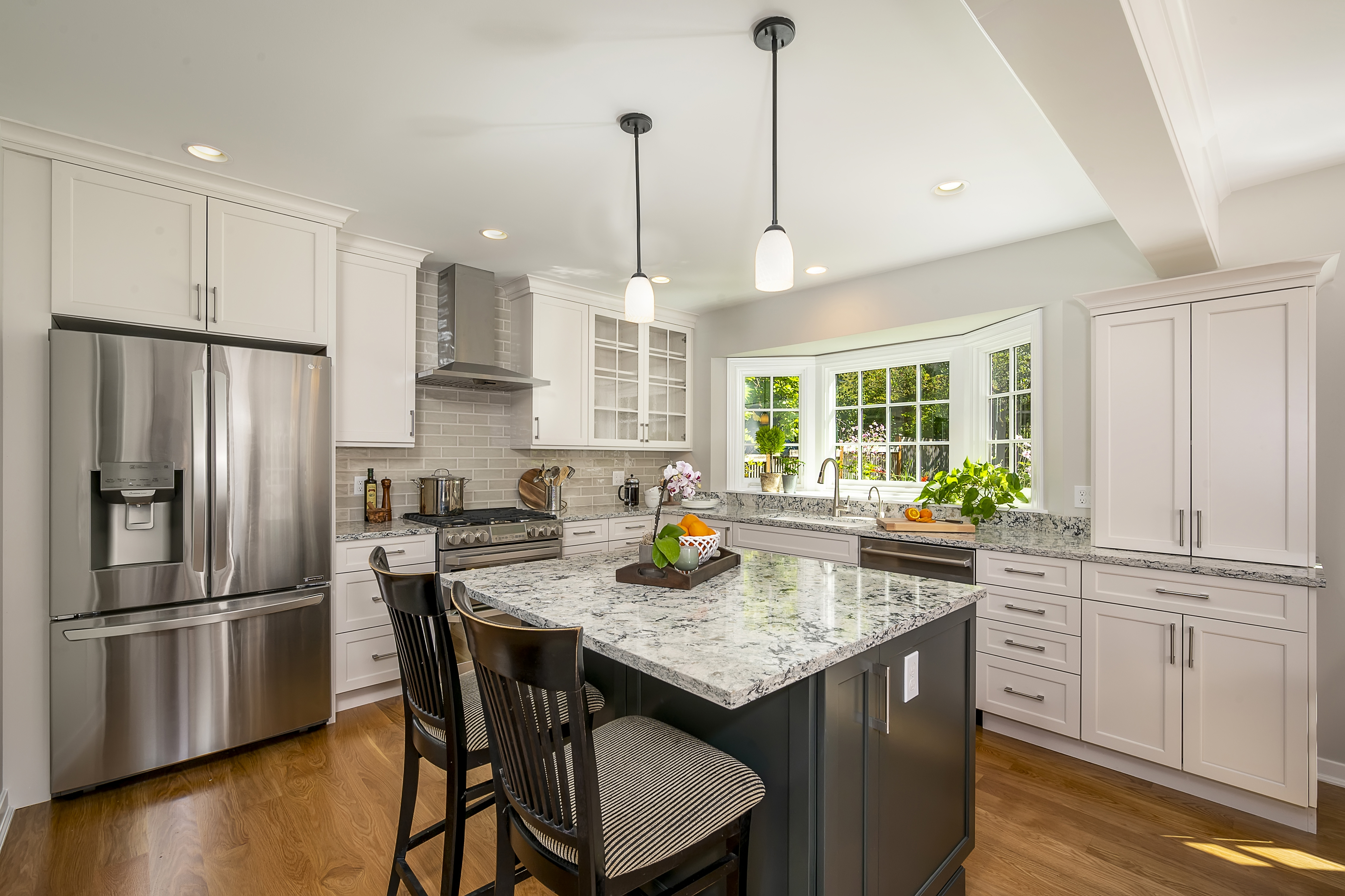
Q: I’ve been planning a major add-on to my home and have reviewed estimates from several contractors. I noticed that the markup varies a lot from bid to bid. What gives?
A: Markup is what a company charges for overhead and profit above the cost of the actual work. As cost-plus contracts become more common, markup is a hot topic among homeowners. Is high markup a sign of greed or of an honest contractor? Should you select contractors based on their markup?
To answer these questions, let’s start by reviewing some key points about contracts in general.
Fixed-price vs. cost-plus contracts
Traditionally, fixed-price contracts were the industry standard. Fixed-price is a great idea in principle, but has drawbacks. Most remodeling projects do not start with the level of detail needed for an accurate fixed price. Remodels can be unpredictable and changes throughout the process are normal. In fact, they’re so common that the final price deviating greatly from the initial estimate is almost a cliche.
Plus, with a fixed-price contract, contractors do not have to disclose markup. (Just for the record, remodels tend to have a higher markup compared to commercial and new-construction projects.)
With cost-plus contracts and open-book companies — where receipts are provided to the client to show proof of invoice — clients are now seeing the once-invisible markup.
So why does each bid have a different markup?
The short answer is that every company and every project is different, and one set markup amount does not work for every remodel. When setting the markup, the contractor has to weigh several factors: How much work is required to complete the project? How many materials and subcontractors will be needed? How much will overhead cost?
Markup can also appear higher or lower depending on the way it is disclosed. And two bids for the same scope of work can end up with the same price, even with different markup approaches.
Many articles have been written about the sheer variety of markups from contractor and homeowner perspectives — just do a Google search to see what I mean.
Want to know more? Just ask
The most effective way of finding out a company’s rationale for markup is by simply asking them. For open-book companies, transparency is part of their brand, and they should give you a straight answer. Happy clients are good for business, so most remodeling companies don’t add markup out of greed or malice.
Should you consider markup when comparing contractor bids? Yes. It should be a factor, right along with clear communication, level of craftsmanship and the size of the company. If you have three differently priced bids, have a conversation about markup with each contractor.
Whatever you do, don’t select a contractor based solely on markup. Like choosing a contractor based solely on the cheapest estimate, betting your whole project on one factor is never a good strategy.
Nathan Coons is the founder of Coons Construction, a member of the Master Builders Association of King and Snohomish Counties (MBAKS). If you have a home improvement, remodeling or residential homebuilding question you’d like answered by one of the MBAKS’s more than 2,700 members, write to homework@mbaks.com.